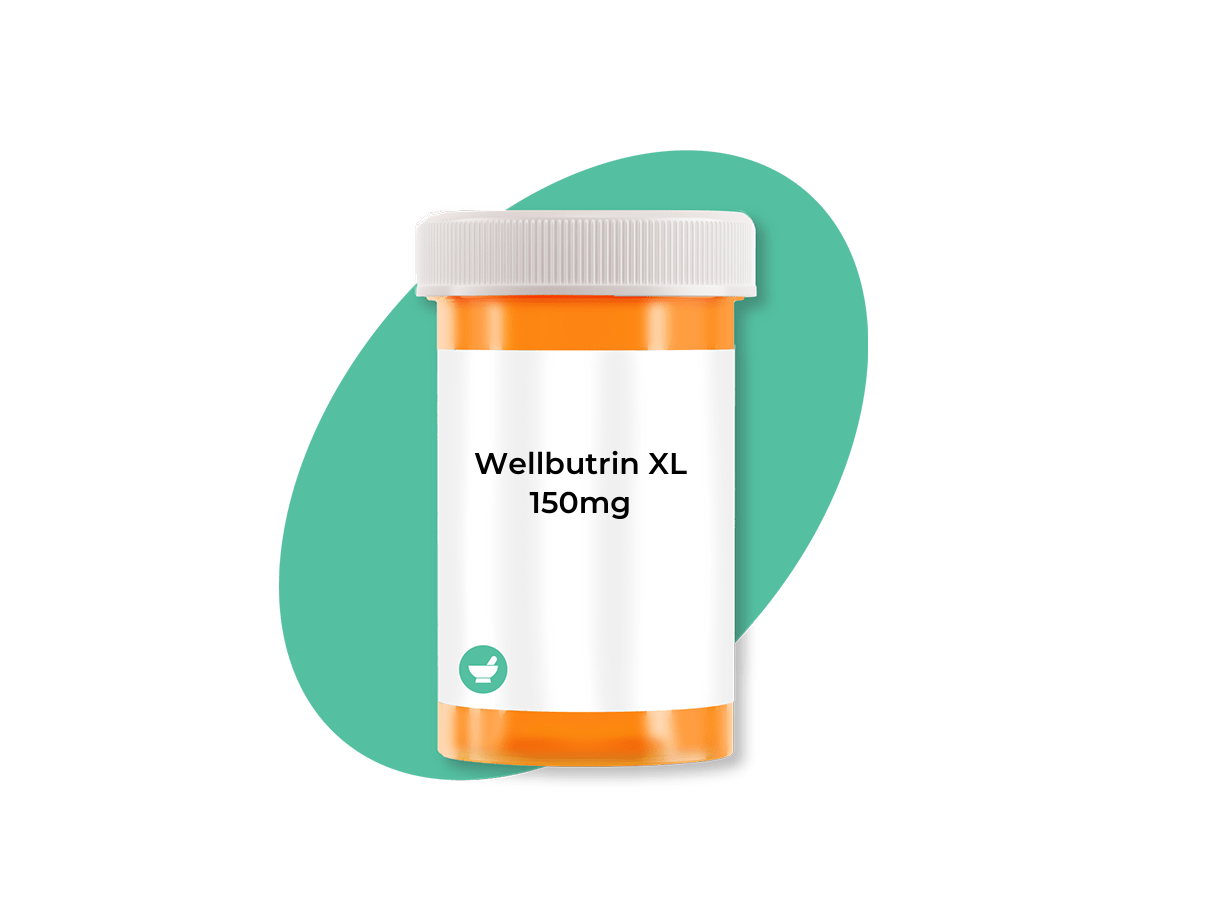Bupropion is a widely prescribed medication in the United States, primarily used to treat depression and aid in smoking cessation. Sold under brand names such as Wellbutrin and Zyban, it is well-known for its atypical mechanism of action compared to other antidepressants. Despite its wide use, there are often questions surrounding its legality, especially with increasing interest in nootropics and off-label use. This article breaks down the legal framework around bupropion in the USA.
Is Bupropion Legal in the USA?
Yes, bupropion in the USA is legal, but only with a valid prescription. It is approved by the U.S. Food and Drug Administration (FDA) and regulated under the Federal Food, Drug, and Cosmetic Act. It is classified as a prescription drug, meaning it cannot be sold or purchased legally without proper medical authorization.
Unlike many other central nervous system (CNS) agents, bupropion is not a controlled substance under the Controlled Substances Act (CSA). This means it is not considered to have a high potential for abuse or physical dependence in the way drugs like amphetamines or opioids are. However, its sale and distribution are still strictly monitored by the FDA and Drug Enforcement Administration (DEA) due to its potential for misuse in high doses.
What Is Bupropion Prescribed For?
The FDA has approved bupropion for the following:
- Major Depressive Disorder (MDD)
- Seasonal Affective Disorder (SAD)
- Smoking cessation aid (under the brand name Zyban)
It is also used off-label for:
- Adult ADHD
- Bipolar depression
- Weight management
- Sexual dysfunction related to SSRIs
While these off-label uses are not officially approved, they are not illegal when prescribed by a qualified physician.
Online Availability and Legal Risks of Bupropion
With the rise of online pharmacies and telemedicine platforms, many people attempt to purchase medications like bupropion online. This is legal if the online pharmacy requires a prescription.
However, ordering bupropion from overseas websites without a prescription is restricted under U.S. law. Customs and Border Protection (CBP) and the FDA frequently intercept and seize parcels containing prescription drugs imported without proper documentation.
Even if the medication is legal in the country of origin, importing prescription drugs without a prescription into the U.S. is considered a violation of federal law. This includes personal-use imports unless they meet specific FDA criteria.
Monitoring and Misuse
Despite being unscheduled, bupropion is monitored due to reports of misuse, particularly among individuals seeking stimulation or euphoria. At very high doses, it has been linked to an increased risk of seizures and psychoactive effects, which makes it a target for abuse in some circles. The DEA has not scheduled it as a controlled drug, but its safety profile still demands close monitoring by healthcare professionals.
Key Legal Takeaways
- FDA-approved: Bupropion is legal and available in the United States.
- Not a controlled substance, but misuse can result in medical and legal consequences.
- Buying or importing bupropion should not be done without a prescription.
- Online pharmacies must be legal, products must be licensed.
Legal alternatives to Bupropion in the USA
Here’s a list of alternatives to bupropion, depending on the condition being treated (e.g., depression, smoking cessation, ADHD):
Depression:
- Selective Serotonin Reuptake Inhibitors (SSRIs)
- Examples: Sertraline (Zoloft), Escitalopram (Lexapro), Fluoxetine (Prozac)
- Common first-line treatments for depression and anxiety.
- Serotonin-Norepinephrine Reuptake Inhibitors (SNRIs)
- Examples: Venlafaxine (Effexor XR), Duloxetine (Cymbalta)
- Similar in action to bupropion, affecting both serotonin and norepinephrine.
- Mirtazapine (Remeron)
- A noradrenergic and specific serotonergic antidepressant (NaSSA); often used for depression with insomnia or weight loss.
- Tricyclic Antidepressants (TCAs)
- Examples: Nortriptyline, Amitriptyline
- Older generation antidepressants, used less frequently due to side effect profiles.
- Vilazodone (Viibryd) or Vortioxetine (Trintellix)
- Newer antidepressants with multimodal mechanisms.
Smoking Cessation:
- Varenicline (Chantix)
- Targets nicotine receptors in the brain; more specific and often more effective than bupropion.
- Nicotine Replacement Therapy (NRT)
- Examples: Nicotine patches, gum, lozenges, sprays
- Can be used alone or in combination.
ADHD (Off-label Bupropion Use):
- Stimulants
- Examples: Lisdexamfetamine (Elvanse), Methylphenidate (Ritalin)
- First-line ADHD treatments with strong efficacy.
- Atomoxetine (Strattera)
- Non-stimulant, norepinephrine reuptake inhibitor—approved for ADHD.
- Modafinil (Provigil)(off-label use)
- Sometimes used in ADHD or narcolepsy; promotes wakefulness and focus.
Legality of Bupropion in the USA – conclusion
Bupropion in the USA remains a legally prescribed and medically valuable drug. It plays a critical role in managing depression, supporting smoking cessation, and improving the quality of life for many patients. However, like all prescription drugs, it must be used responsibly and within the boundaries of the law. Individuals should avoid seeking it from unregulated sources and consult healthcare providers for safe, legal access.
By understanding the legal status and regulations surrounding bupropion, patients can make informed decisions and avoid potential risks related to improper acquisition or use.
